Slide navigation
Fullscreen: F
- Next:
️>orSpace| Previous :️< - Start:
Home| Finish:End - Overview:
Esc| Speaker notes:S - Zoom:
Alt + Click 🖱️
🌱 Eviota 🖱 click offers actionable insights into the supply chain of music businesses in the live, recording, and authors’ (copyright) stream. |
🧾 We implement with Eviota the new reporting and accounting standards of EFRAG. We connect a reliable benchmark to every accounting item and make sure that your financial accounts contain your GHG footprint or even your contribution to equal pay for womxn. This will help you gain cheaper green loans, insurance, or green transition subsidies. |
🎶 Surveyharmonies 🖱 click is our first experimental product that allows you to recycle surveys from all over Europe. |
☑️ You ask questions about gender inequalities in many languages (try it EN IT and you get responses from your audience and more than 30,000 other people in various occupational groups all over Europe. |
☿️ Join our pan-European gender inequality survey in January 2023. |
♯ Listen Local is a 🖱 click trustworthy, ethical AI-powered system that aims to help great artists in small organizations and small countries using big data. |
🎶 Our Listen Local Apps want to make sure that local ecosystems are not colonized by global platforms. |
Big Data Creates Inequalities
Only the largest corporations, best-endowed universities, and rich governments can afford data collection and processing capacities that are large enough to harness the advantages of AI.
Data problems
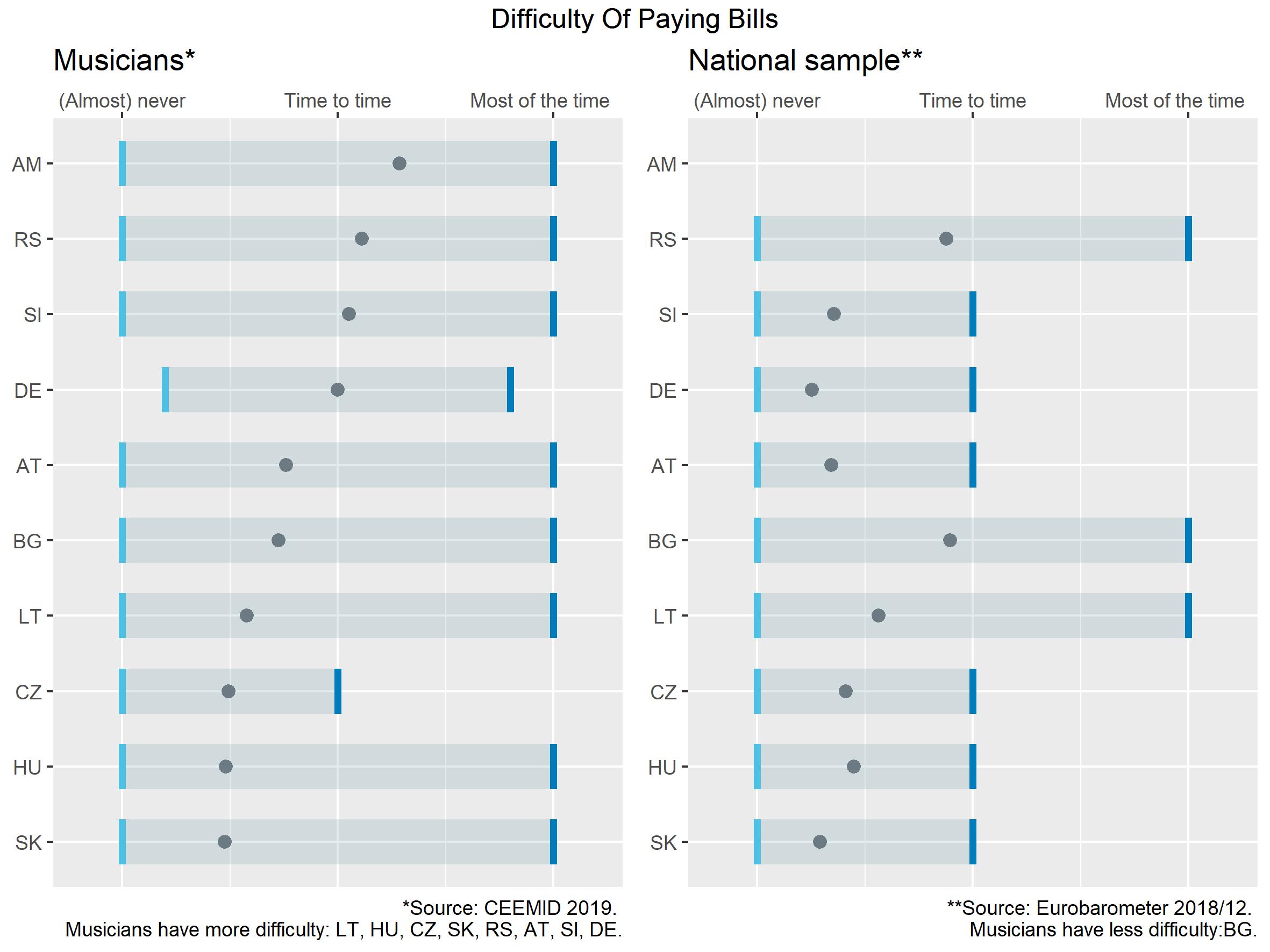 | The cost of questionnaire-based market research (survey) is increasing exponentially and offers mediocre results without an enormous question bank and harmonization with other surveys.(See 🖱 blogpost) |
 | Manual data acquisition is an error-prone and boring task for humans that requires many working hours (often not credited in consultancies, law firms, or research institutes.) |
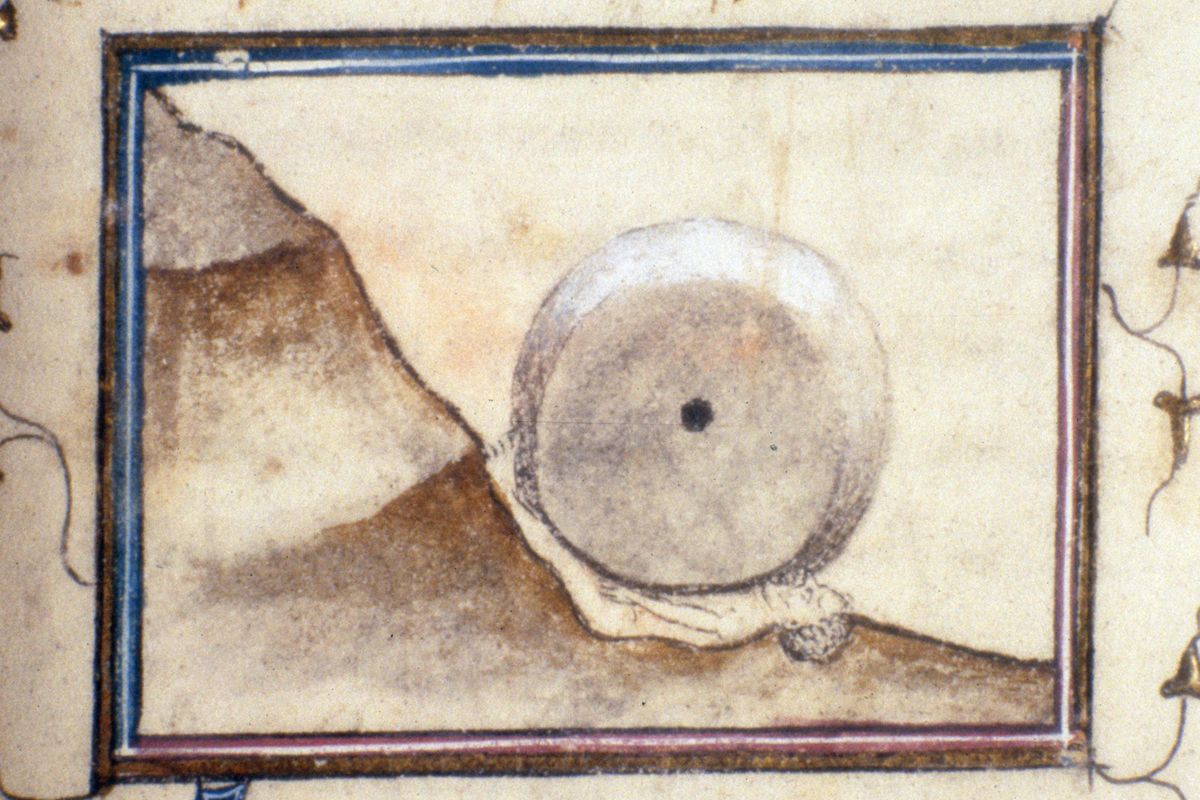 | Wrangling spreadsheet tables or word processor documents by people without data knowledge is the 🖱 data Sisyphus. |
Data observatories 3.0
Reprex is offering shared data ecosystems. Our observatories are great solutions for organizations without a data specialization:
🌳 Organizations that cannot afford to build a large enough data team to sustain consistent, extensive data collection and processing (many large institutions and companies) |
🪴 Who cannot hire even a single data engineer or a data scientist (medium-sized companies, NGOs) |
🌱 Who do not even have a permanent IT function (about 2 million European small enterprises and civil society organizations) |
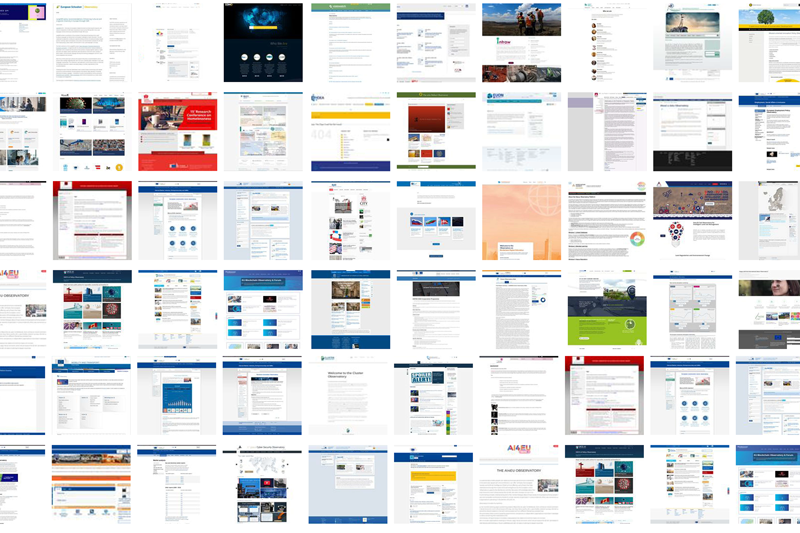 | The European Union, the World Bank, OECD, and UN have facilitated the creation of more than 80 so-called ‘data observatories’ to help companies, researchers, NGOs, and governments systematically collect data and knowledge. |
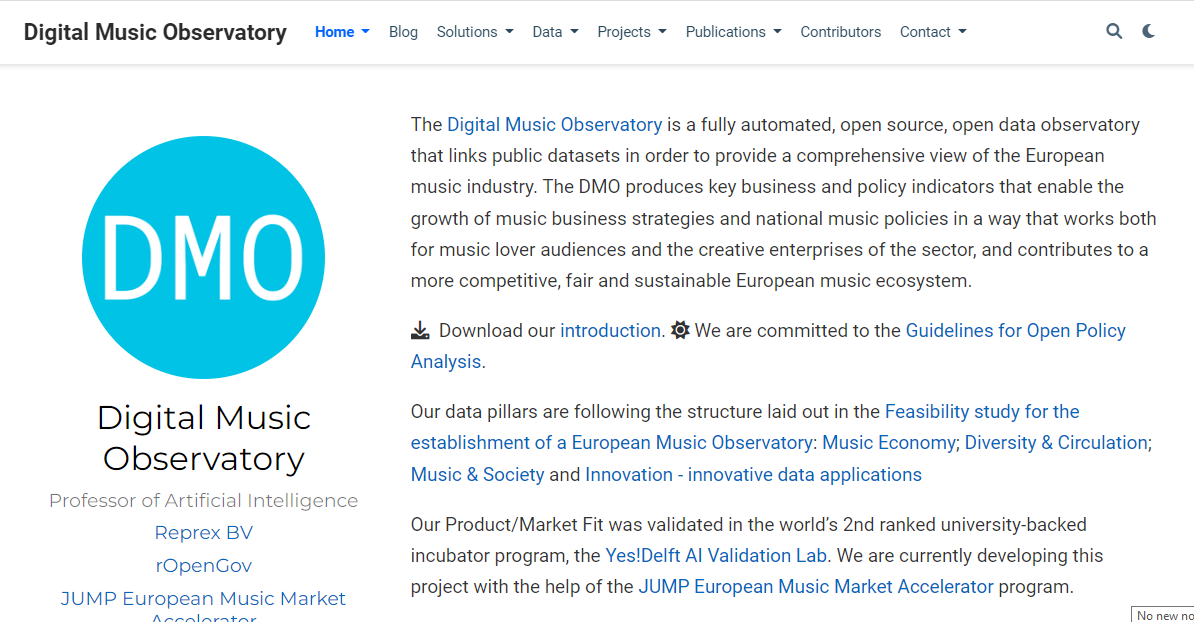 | We are currently building one prototype for the European Music Observatory financed by the European Union and music industry players (cc 3-4 million euros.) We would like to take over existing or start new observatories in 2 years at least 5) |
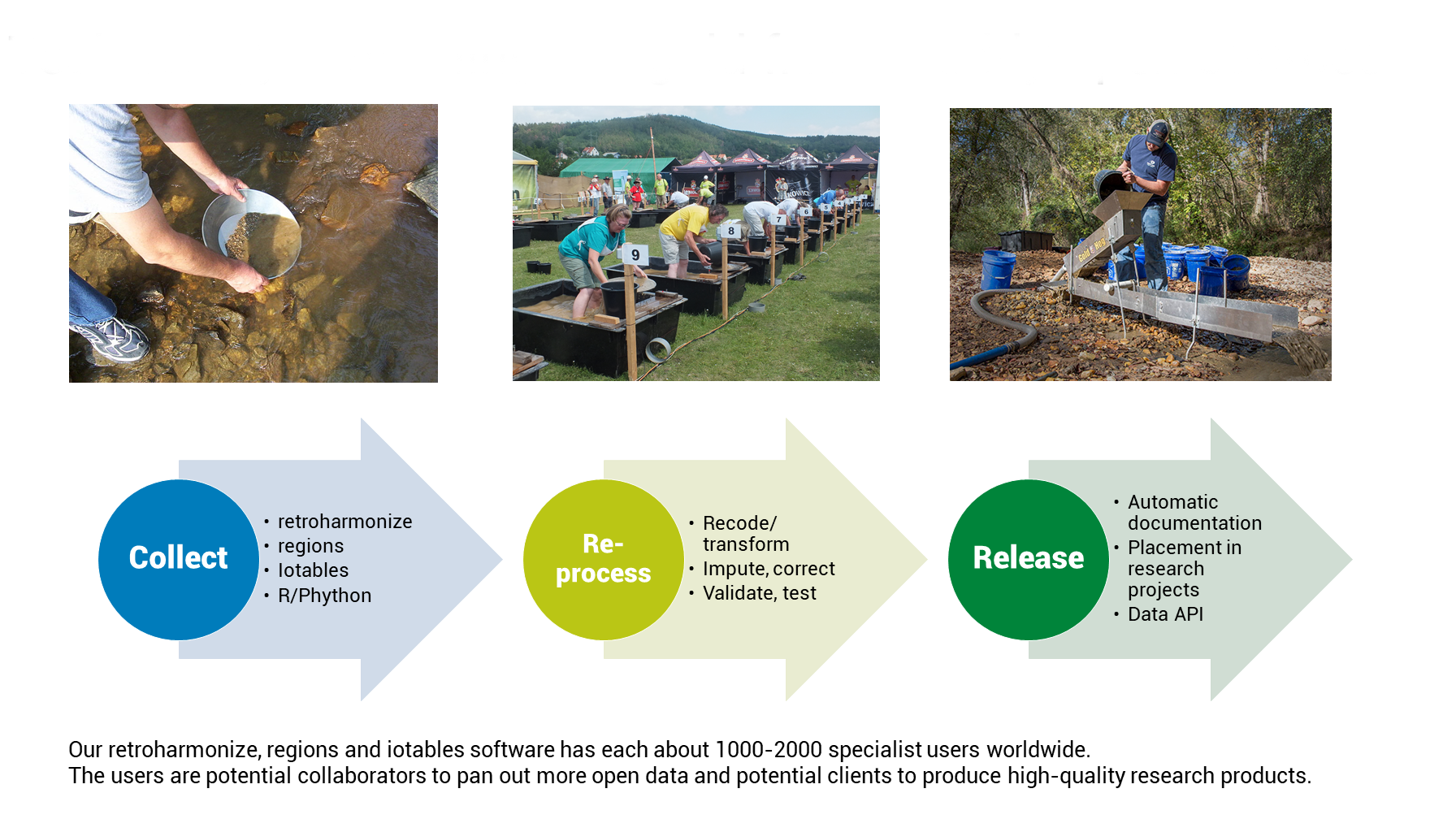 | Our observatories are competitive, because they use high-quality open source scientific software; they exploit the new Data Governance Act and Open Data Directive, deploy web 3.0 data synchronization, and offer great value-added research products. |
| Platform products | Value added data applications |
|---|---|
The European Union, the World Bank, OECD, and UN have facilitated the creation of more than 80 so-called ‘data observatories’ to help companies, researchers, NGOs, and governments systematically collect data and knowledge. | The different observatories offer different types of knowledge products, such as statistical yearbooks, various apps, and database access. |
Most of them use web 1.0 technologies, inefficient knowledge accumulation. Already 20 of them have been discontinued. | We are developing software solutions that exploit our platforms: we harmonize surveys, statistical data, automate research reporting, elements of market monitoring or ESG reporting. |
We are currently building one prototype for the European Music Observatory financed by the European Union and music industry players (cc 3-4 million euros.) We would like to take over existing or start new observatories in 2 years at least 5) | Each observatory gives us intimidate customer access to 3-4 large universities, 1-2 large consultancies, and various specialist institutions. |
Team
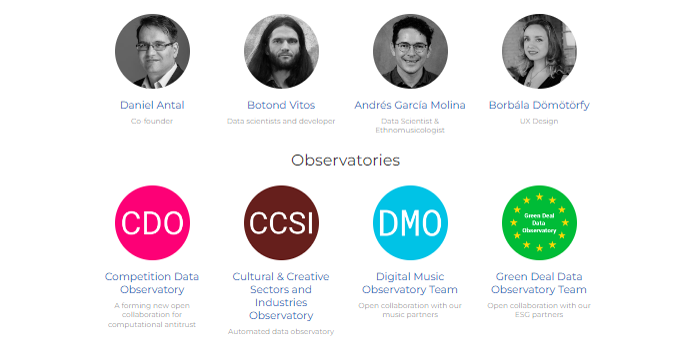 | The two co-founders, 🖱 Daniel Antal, CFA and 🖱 Andrés García Molina, PhD, and the core team manage the ecosystems’ development, develop knowledge management, and direct the software development. 🖱 Team on full screen |
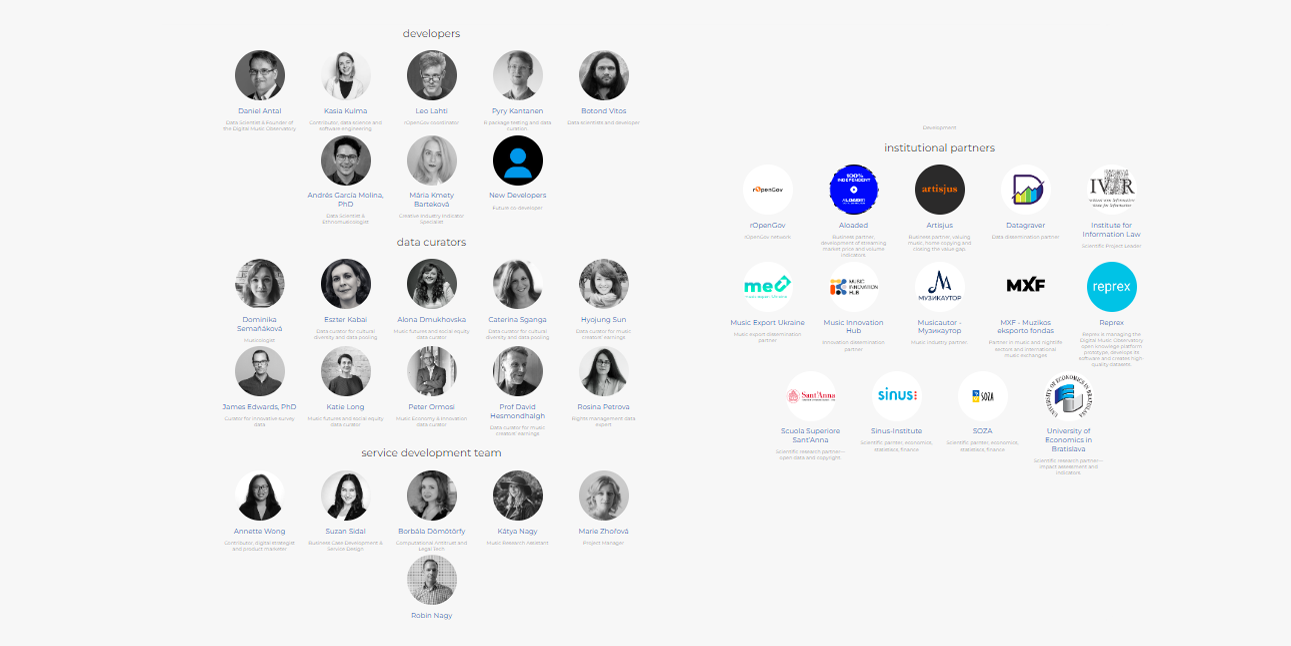 | Each observatory has a broader team of users, data and knowledge curators, and developers. The most developed 🖱️ Digital Music Observatory has 16 institutional users and a team of about 20 music and data professionals. The newer observatories have a smaller, initial service development and data curatorial team. |
Dutch AI Coalition
💻 Reprex is a member of the Dutch AI Coalition 🖱 click and we help building algorithms that work for all, small and large music organizations, non-profits and commercial ones. |
♎ Reprex believes that unequal access to data, data know-how and tools creates inequalities in the benefits in AI. |
🚀 Our Listen Local Apps 🖱 click want to make sure that local ecosystems are not colonized by global platforms. |
Questions?
🖱 Click the blue links | email | keybase
Reprex: Daniel Antal | Gabija Liaugminaitė | Reprex—big data that works for all
Edibles: Maximilian Schupp | Ruymand Soltani | Edibles.eco—Edible & Biodegradable Tableware